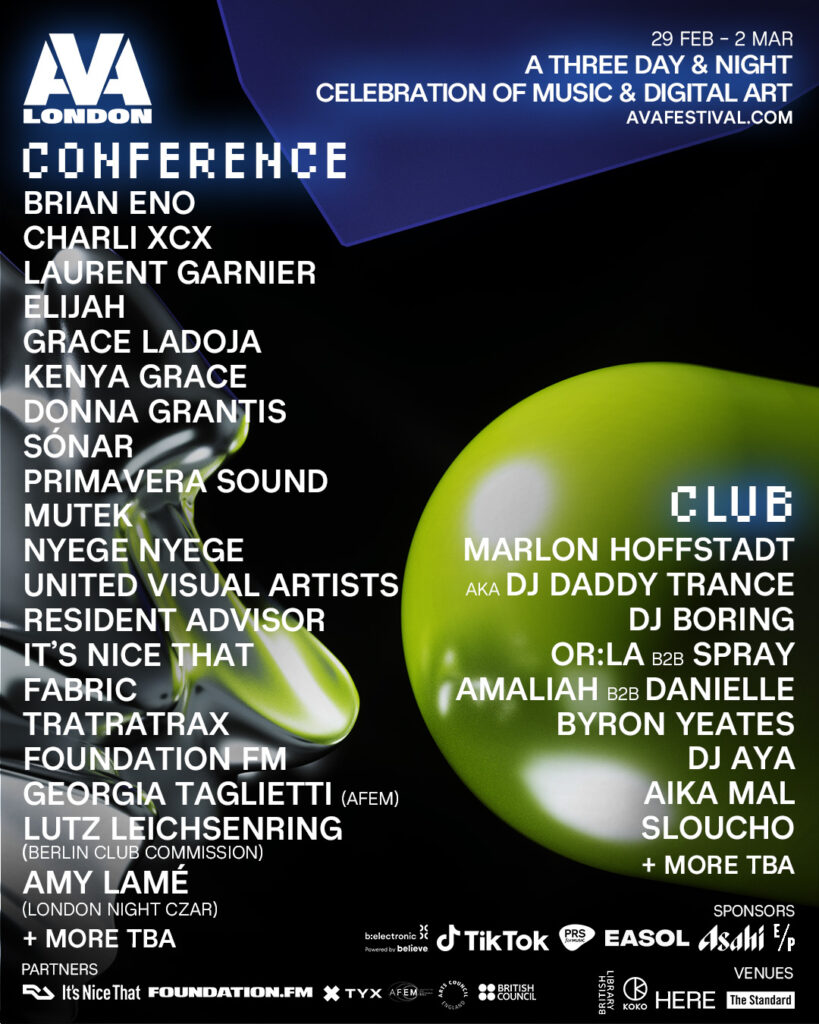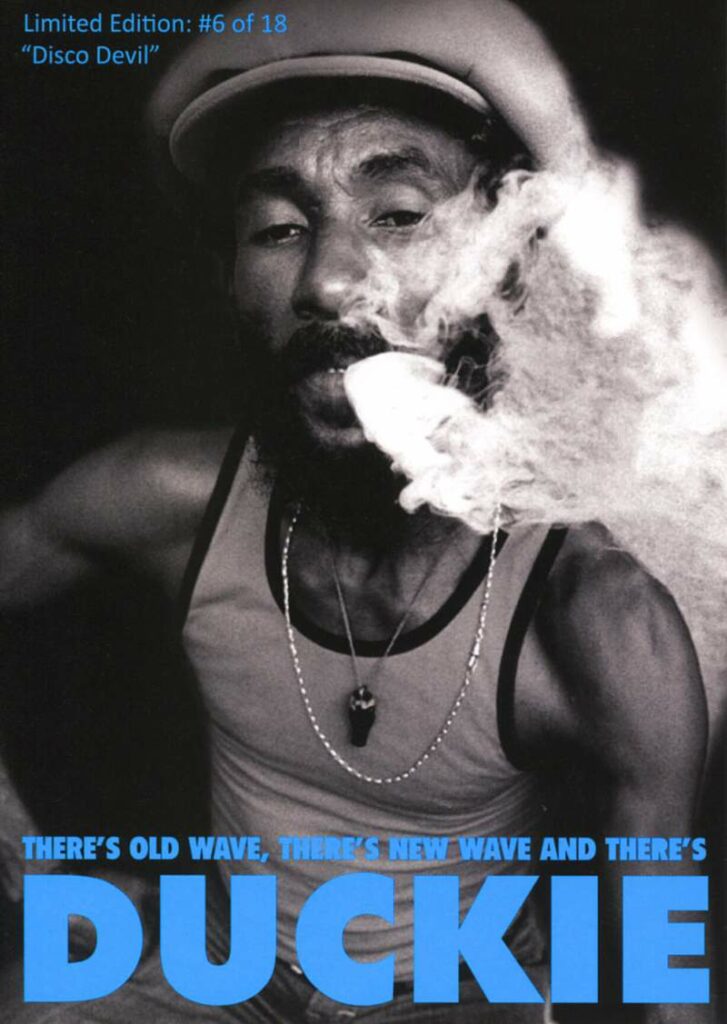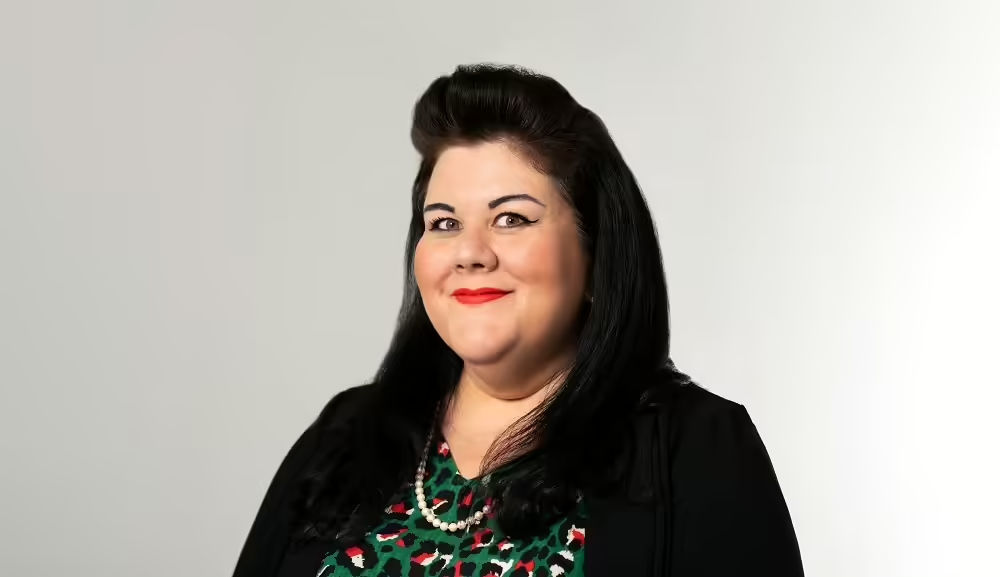Amy Lamé, London Night Czar interview: “Not everything can be measured on a spreadsheet” | Juno Daily
Night Czar Amy on AVA, Duckie and keeping music’s grassroots alive

The AVA London event takes over various venues acorss the capital next week, from the British Library to Koko and HERE at Outernet. Running from February 29 to March 2, it boasts conference-style panels featuring the likes of including Charli XCX, Brian Eno and Laurent Garnier, as well as loads of clubbing action.
We spoke to the the Mayor of London’s Night Czar since 2016, Amy Lamé – another of the eminent panellists appearing – about the festival, the future of London’s nighttime economy and her own experiences tripping the light fantastic in the city.
Q. What have you got planned for your AVA Conference speech?
I am really looking forward to speaking at the AVA conference and thrilled it’s coming to London, taking place in some of our much loved and exciting new night time venues.
I’ll be joining my fellow panelists and, as you’d expect, I’m going to be flying the flag for London as a world leader in nightlife and culture!
We know that the industry has faced a number of challenges in recent years, but I’m proud of the role we have played in helping to stem the fall in numbers of grassroots music and LGBTQI+ venues after a decade of decline, all did to support them through the impact of the pandemic and are now supporting them to cope with ongoing cost-of-living crisis.
This includes our Culture and Community Spaces at Risk programme which has helped hundreds of venues with advice and support and the introduction of the Agent of Change principle in the London Plan, which ensures existing venues can aren’t threatened by new development. We’ve also helped cut red tape for night time businesses and are supporting councils to develop night strategies to plan for life at night in their area.
There are so many reasons to be proud of London’s world leading nightlife and culture and we will continue to do all we can to help every aspect of our nightlife flourish.
Q. Why do you think events like this are important and what can be gained from them?
We have a thriving music and arts scene in the capital so hosting events like AVA in London are hugely important to keeping our reputation as a global leader
The chance to make new connections and form new friendships are the best ways to evolve and grow our music scene at home, across the UK and around the world. It’s not impossible that a conversation at AVA London could lead to an exciting new innovation in electronic music.

Q. You moved here in 1992 – what are your earliest memories of clubbing in London?
London’s club scene in the early and mid 90s was epic! I was going mainly to queer clubs and venues like The Bell, the Black Cap, Popstarz, Venus Rising and Ciao Baby. Then I started my own club.
Q. You co-founded Duckie at the Royal Vauxhall Tavern – a fine night out. How do you think the LGBTQI+ scene has evolved in your time involved in it?
Our capital’s LGBTQI+ venues have always been at the heart of London’s nightlife, providing entertainment and employment for many Londoners, as well as safe spaces for our communities to enjoy and express themselves.
Before Sadiq was Mayor, the capital sadly lost more than half of its LGBTQI+ spaces over the course of a decade, but I’m proud that we have been able to stem this decline by protecting venues through the London Plan, and supporting operators through the LGBTQI+ Venues Forum and our Culture and Community Spaces at Risk Office. We were also able to provide dedicated support to venues during the pandemic through our £2.3m Culture at Risk Business Support Fund.
We know that venues continue to face a huge range of challenges due to the rising costs of living and doing business, staff shortages, sky high rents and insecure leases, but we continue to do everything we can to help. Recently we were able to help in getting later licences for She Bar, Ku Bar and Little Ku. And ’m delighted to have been working with the team behind The Glory to help support them to open their new venue – The Divine – in Dalston.
Our capital’s world-renowned nightlife is integral to our economic and social recovery, and we will continue to do all we can to ensure it thrives, as we build a better London for all.

Q. What are a few of the greatest nights out you’ve ever enjoyed in the capital?
I’ll always have fond memories of Popstarz which was run by the late great Simon Hobart. His queer indie club was groundbreaking and was a huge inspiration for starting Duckie More recently I went to ABBA Voyage with my friend Dan Beaumont who owns and runs Dalston Superstore. We were both like queer kids in awe! It was unforgettably fabulous .
Q. What’s the one tune that’s 100% guaranteed to get you up and on the dancefloor?
Anything by The Smiths!
Q. What can we do to stop the decline in the number of venues in the capital and across the UK?
There is no escaping that it has been an incredibly tough few years for the industry. We all know venues were the first to close and the last to re-open as they felt the full force of COVID restrictions, and that they were not given enough support from Government to help cover this loss of earnings.
Venues continue to struggle with a range of issues including staff shortages, the spiralling costs of doing business, concerns about insecure leases and licensing issues, and increasingly noise averse neighbours.
My advice to Londoners is to keep supporting our brilliant clubs and live music venues. We can all play a role in helping support them by giving them our business, that means buying tickets and drinks and having a good time.
We have been doing all we can to help including creating the most pro-pub and night-time planning strategy the capital has ever seen. We’ve asked every borough to develop a night time strategy that supports every aspect of life at night, including supporting new and existing night time venues. The Mayor’s ‘Let’s Do London’ campaign has attracted over 850,000 additional visitors, who in turn contributed £360m to London’s economy.
I have also been supporting venues through the Mayor’s Culture and Community Spaces at Risk programme, cutting red tape through the Business Friendly Licensing Fund, working closely with the sector through roundtables and night surgeries across the capital, and encouraging more businesses and organisations to sign up to the Women’s Night Safety Charter.
Q. Do you think the ‘food chain’ of music venues is under threat if small venues where artists learn their craft are under threat?
Absolutely. Grassroots music venues are vital if we are to continue developing acts whose songs are played around the world and to support those who love enjoying music in their local community. They inspire audiences, give a platform to aspiring artists and boost the economy.
That’s why the Mayor and I continue to fight tirelessly to save them, including helping some of the capital’s iconic grassroots venues to ensure they survive. For example, we helped the 100 Club on Oxford Street to secure 100 per cent business rates relief, worked with The George Tavern in Stepney on an Agent of Change case when a new development next door was planned and helped secure later licences for the Electric Ballroom in Camden and EartH in Dalston.
Q. Some areas of the industry have suggested a levy on bigger concert tickets to go to support smaller venues? Would you support that?
The whole industry has a duty and responsibility to invest in research and development, and we see this happening in other sectors, such as sport. Without grassroots music venues, there’d be no acts to perform at our arenas, concert halls and festivals.
There’s been an historic failure from both government and industry to ensure support for grassroots music venues. Sadiq and I work closely with the Music Venue Trust on our support and advocacy for these venues. It’s important that we think broadly and creatively about how we can help them to survive.
Q. As well as generating big sums for the economy, studies have shown going to gigs, clubs and theatre etc has a significant impact on improving mental health – do you agree and do you think this is ever taken into account?
There’s no doubt that the benefit of experiencing music, culture or dancing in a nightclub or live music venue go well beyond the financial gains. It brings people together, inspires and boosts our mind, body and soul.
Not everything can be measured on a spreadsheet, so whilst ticket sales, merchandise and bar tabs can all be expressed in figures, happiness, fun and wellbeing are more difficult to measure – and yet are no less important.
I’ve seen this first hand by the events that were part of the Mayor’s Night Time Enterprise Zone programme in Bromley, Woolwich and Vauxhall. People from all walks of life, including families, coming to our high streets to have that shared experience.
Going out, being part of a group and meeting new people can provide a sense of belonging, support, and purpose, all of which can improve our mental health. These are all things that we missed during the dark days of the pandemic, so it’s unsurprising that we cherish them now even more.
Ben Willmott


